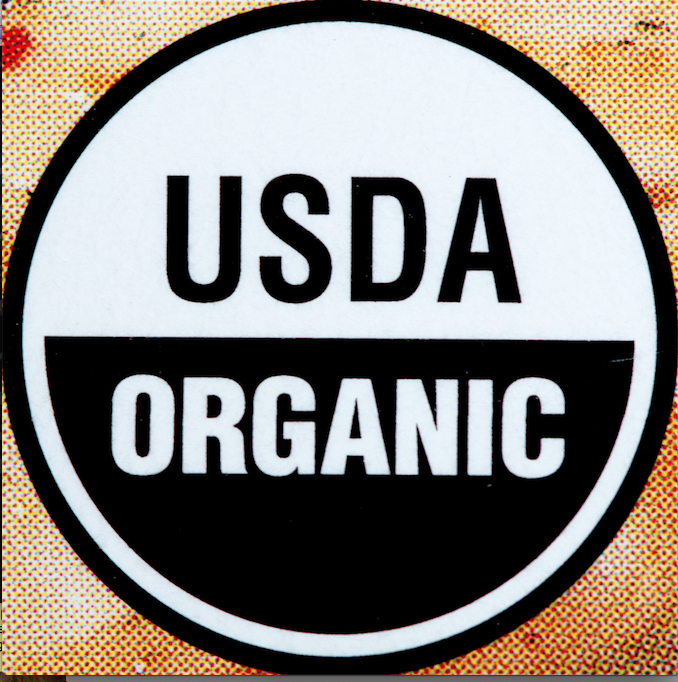
“Congress charged the USDA with harmonizing and enforcing a single standard that consumers and eaters could depend on,” said Mark A. Kastel, Executive Director of OrganicEye. “But the agency has willfully failed.”
The watchdog’s newly released guide identifies 10 ethical certifiers still upholding organic integrity while exposing systemic failures within the USDA’s National Organic Program (NOP). From factory-farmed milk labeled as organic to hydroponic produce masquerading as soil-grown, the report paints a grim picture of an industry overrun by corporate greed and regulatory neglect.
Key points:
The betrayal of organic integrity
When Congress passed the Organic Foods Production Act in 1990, the intent was clear: protect small farmers and consumers from fraud while ensuring organic food met rigorous, soil-based standards. But today, the USDA’s NOP has become a revolving door for agribusiness interests, allowing factory farms, hydroponic operations, and suspect imports to flood the market with “organic” products that defy the law’s original spirit.
“Legitimate US family-scale organic farms are increasingly being squeezed out by these illegitimate industrialized practices,” Kastel said.
Among the most egregious violations:
Certifiers gone rogue
OrganicEye’s investigation reveals that some of the largest certifiers have abandoned their watchdog role, instead becoming enablers of corporate agribusiness. The group filed legal complaints against CCOF, Oregon Tilth, and Florida Organic Growers (FOG), accusing them of:
Shockingly, the USDA dismissed complaints against Oregon Tilth and FOG, claiming no wrongdoing—despite OrganicEye’s extensive evidence. The case against CCOF remains open after 18 months, raising concerns about bureaucratic delays protecting corporate interests.
“Before the USDA took over, we had independent farmer-led certifiers we trusted,” said Alexis Baden-Mayer, political director of the Organic Consumers Association. “Now, we’re going ‘back to the future,’ relying on certifiers because the USDA won’t enforce the law.”
How consumers can fight back
OrganicEye’s guide urges shoppers to:
“We want businesses to stand with the family farm community,” Kastel said. “Customer loyalty is a powerful incentive.”
If consumers don’t act, the organic label—once a beacon of transparency—may become just another marketing ploy for industrial agriculture.
Sources include:
YourNews.com
OrganicEye.org
Enoch, Brighteon.ai
Source link

